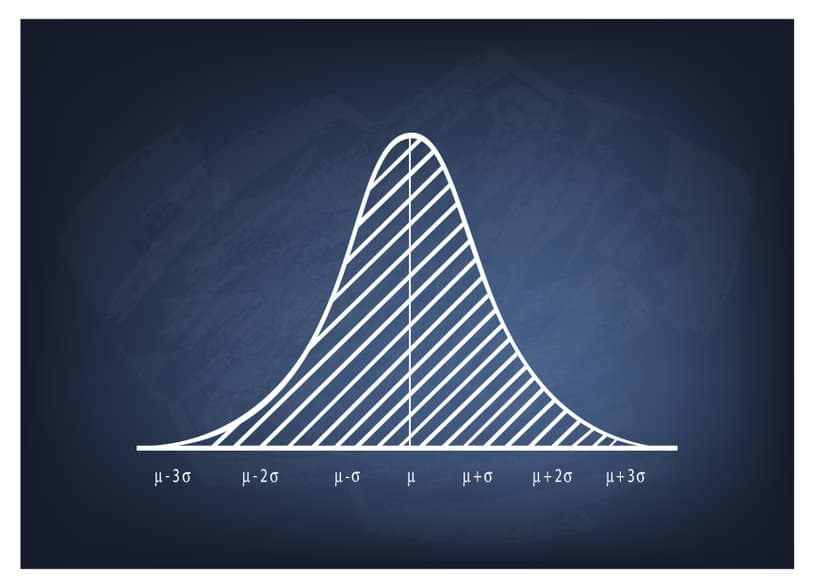What is a Product Analyst?
A product analyst liaises with product managers
A product analyst considers a company’s budget and mission to help them create a profitable product plan. Companies can involve a product analyst in decisions about a product’s design, marketing, and pricing.
Table of Contents
Product Analyst Role and Responsibilities
The following are the key role and responsibilities of a product analyst:
- Developing and delivering tangible consumer benefits through the product or service of the business.
- Measuring and monitoring the product or service’s performance as well as presenting product related consumer, market, and competitive intelligence.
- Developing and proposing the overall product strategies, innovation, presentation of marketplace outcome projections, as well as product culture development.
- Monitors the market, competitor activities, as well as any price movements and make recommendations that will be used in key decision making.
- Liaises with other departments such as the IT department in the business to enhance and increase the efficiency of effecting price changes in accordance with market shifts.
- Drives consumer intelligence through the development of external and internal data sources that improve the business’s understanding of the product’s market, competitor activities, and consumer activities.
- Develops or adopts research tools, sources, and methods that further support and contribute to the business’s product marketing management intelligence.
- Ensures that there is compliance with relevant legislation, regulations, and ethics.
- Formulating ways in which to package and market products in such a way that they become differentiated, compelling, easy to sell, and easy to buy.
- Identifies and manages the on-going rationalisation of the business’s products.
- Performs the initial product analysis to assess the need for any requested changes as well as their potential impact.
- Supports product teams in their product decisions using quantitative data to inform the next steps.
- Creates metrics, or use existing ones, and monitor them to evaluate if the product direction is making users happy.
- Understand metrics, as it’s not always obvious why a metric changed in a certain way.
- Understand all their users, and sometimes it means understanding why a product may work for some people and not others.
- Undertakes exploratory data analysis by understanding what data exists, importing it, cleaning it, and asking tons of questions.
- Provide timely data insights.
- Undertakes financial modelling on the products or services of the business as well as of the target markets to bring about an understanding of the relations between the product and the target market.
- Produces reports and makes recommendations to be used as guidance in decision making pertinent to the business’s new as well as existent products.
- Ensures that third parties comply and familiarity with all business processes and policies.
- Analyse market data, marketing strategies are developed, and these are used to enhance the reception of those products in the market.
- Collects data via customer polls and market research to make recommendations about products, marketing plans and launch strategies.
Product Analyst Key Skills
The following are the key skills of a product analyst:
- Business acumen – a good understanding of business.
- Creativity in finding solutions.
- Critical thinking.
- Enjoy experimenting with data.
- Attention to detail.
- Logical thinker.
- Proactive idea sharing combined with out-of-the-box thinking.
- Analytical and problem-solving skills
.
- Attention to detail with a focus on accuracy.
- Strong interpersonal skills.
How To Become A Product Analyst
Most product analysts have a degree and will undertake formal training to develop their careers. Companies may look for professionals in the disciplines of accounting, business, marketing, or a related field. Additional courses in business communication, computer software and analysis tools may also be helpful
How Much Does A Product Analyst Make?
In the United States of America (USA) a product analyst may earn on average between $70k – $80k.
Product Analyst vs Business Analyst
Business analyst vs product analyst – the product analyst role is different to that of a business analyst.
Whilst the business analyst helps to improve communication between stakeholders and those who design/deliver solutions. They also understand enterprise problems & goals; analyse needs & solutions; devise strategies; drive change and facilitate collaboration.
A product analyst is more product focussed on what the product offers and what product capabilities are suited to target customers and will analyse the market and use data to understand how to improve the product and delight users.
Of course both a business analyst and a product analyst can work alongside one another to improve the organisation’s products.
Product Analyst vs Product Manager
Product manager vs product analyst – of course a product manager can work alongside a product analyst. A product manager will be more focussed on the product strategy and product roadmap and working with the product team to deliver the product.
It is important that the product analyst works well with the product manager for the product to fulfil its potential to customers and the marketplace.

